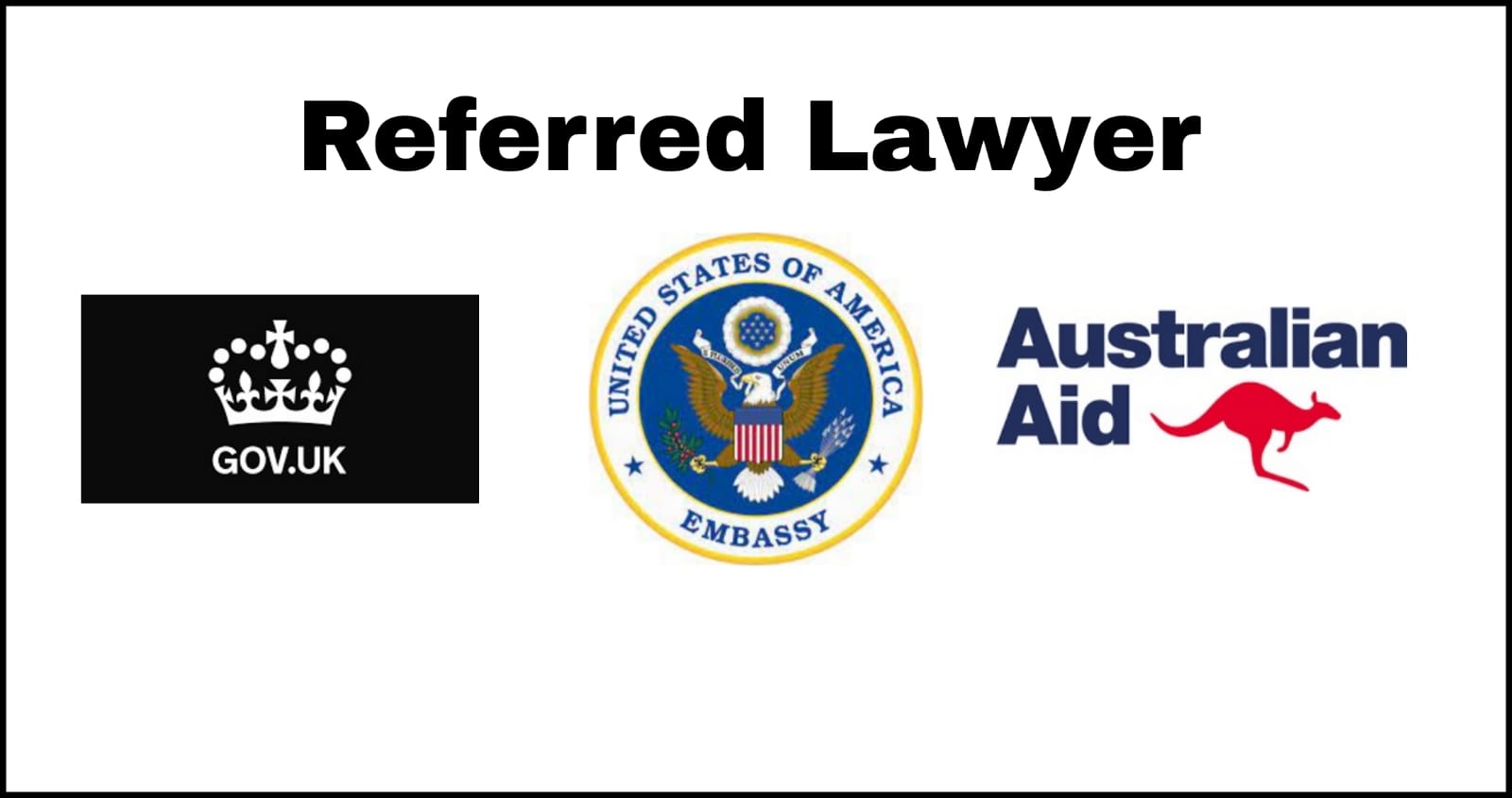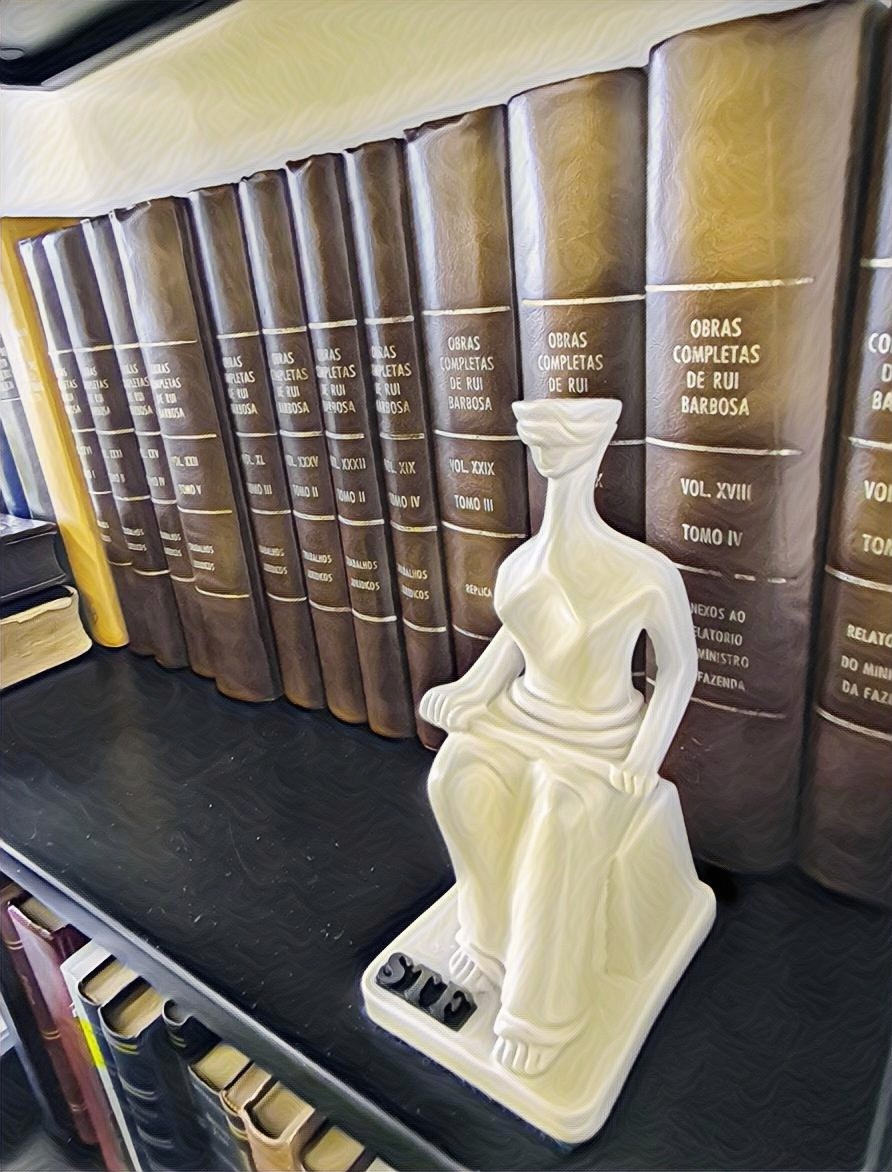How to Get Married in Brazil
Understanding Brazil’s legal procedures is crucial for anyone planning to marry a Brazilian partner in Brazil. This article provides clear insights into these processes to facilitate your marriage journey.
For foreigners planning to marry in Brazil, your passport is the main identification document throughout the marriage process, regardless of your home country.
You must prove your current marital status with a certificate of civil status from your home country. This certificate needs legalization by the Brazilian Consulate or Embassy and translation into Portuguese by a certified translator. For countries not part of the Hague Convention, this step is mandatory, followed by registering all translated documents at the Brazilian Registry of Titles and Documents.
In Brazil, marriage involves a civil act of registering and signing documents at a Notary Public. This act, involving form filling at a registry office, requires your birth certificate, passport copy, and certificate of civil status, all translated.
Divorced individuals must provide a copy of their divorce decree, and widowers need the deceased spouse’s legalized death certificate, translated in Brazil. The process also requires two adult witnesses, unrelated to you, at the notary during the marriage registration.
A crucial part of the process is choosing a marital regime. Non-Portuguese speakers will need a sworn interpreter throughout, including form filling. The interpreter explains the marital regime options.
Brazil recognizes two main marital regimes. The “Comunhão Parcial de Bens” or Partial Community of Property regime means all assets and debts acquired during the marriage are communal. The “Separação de Bens” or Separation of Assets regime lets each spouse keep their assets and financial responsibilities separate.
Choosing the Separation of Assets requires drafting a Prenuptial Agreement (“Contrato de Pacto Antenupcial”), defining each party’s financial boundaries and property rights. This agreement, once registered at a notary office, becomes part of the marriage certificate.
Announcing your intent to marry in Brazil involves publishing a “Proclamas” notice, followed by a 30-day waiting period. After this, the marriage must occur within 90 days.
If unable to be physically present in Brazil, a Power of Attorney (POA) can represent you in the marriage process. The marriage can even be conducted without either party in Brazil.
After marriage, the Brazilian marriage certificate requires translation and the Hague Apostille for international recognition.
Foreign spouses of Brazilian citizens are eligible for a permanent visa after living in Brazil for a year and meeting other criteria.
Children of Brazilian parents are Brazilian citizens, regardless of birthplace. They must be registered at a Brazilian embassy or consulate abroad.
Foreigners married to Brazilian citizens can apply for Brazilian nationality after four years, fulfilling conditions like residence in Brazil and Portuguese proficiency.
Brazil also recognizes “União Estável” or Stable Union, a legally acknowledged intimate relationship without formal civil marriage. This grants similar rights to marriage, such as property and inheritance rights.
For those seeking to navigate the nuances of marrying in Brazil, this guide provides a comprehensive overview of the necessary legal steps and considerations.
Best regards and happy marriage.
Dr. Mauricio Ejchel
How to Get Married in Brazil
Understanding Brazil’s legal procedures is crucial for anyone planning to marry a Brazilian partner in Brazil. This article provides clear insights into these processes to facilitate your marriage journey.
For foreigners planning to marry in Brazil, your passport is the main identification document throughout the marriage process, regardless of your home country.
You must prove your current marital status with a certificate of civil status from your home country. This certificate needs legalization by the Brazilian Consulate or Embassy and translation into Portuguese by a certified translator. For countries not part of the Hague Convention, this step is mandatory, followed by registering all translated documents at the Brazilian Registry of Titles and Documents.
In Brazil, marriage involves a civil act of registering and signing documents at a Notary Public. This act, involving form filling at a registry office, requires your birth certificate, passport copy, and certificate of civil status, all translated.
Divorced individuals must provide a copy of their divorce decree, and widowers need the deceased spouse’s legalized death certificate, translated in Brazil. The process also requires two adult witnesses, unrelated to you, at the notary during the marriage registration.
A crucial part of the process is choosing a marital regime. Non-Portuguese speakers will need a sworn interpreter throughout, including form filling. The interpreter explains the marital regime options.
Brazil recognizes two main marital regimes. The “Comunhão Parcial de Bens” or Partial Community of Property regime means all assets and debts acquired during the marriage are communal. The “Separação de Bens” or Separation of Assets regime lets each spouse keep their assets and financial responsibilities separate.
Choosing the Separation of Assets requires drafting a Prenuptial Agreement (“Contrato de Pacto Antenupcial”), defining each party’s financial boundaries and property rights. This agreement, once registered at a notary office, becomes part of the marriage certificate.
Announcing your intent to marry in Brazil involves publishing a “Proclamas” notice, followed by a 30-day waiting period. After this, the marriage must occur within 90 days.
If unable to be physically present in Brazil, a Power of Attorney (POA) can represent you in the marriage process. The marriage can even be conducted without either party in Brazil.
After marriage, the Brazilian marriage certificate requires translation and the Hague Apostille for international recognition.
Foreign spouses of Brazilian citizens are eligible for a permanent visa after living in Brazil for a year and meeting other criteria.
Children of Brazilian parents are Brazilian citizens, regardless of birthplace. They must be registered at a Brazilian embassy or consulate abroad.
Foreigners married to Brazilian citizens can apply for Brazilian nationality after four years, fulfilling conditions like residence in Brazil and Portuguese proficiency.
Brazil also recognizes “União Estável” or Stable Union, a legally acknowledged intimate relationship without formal civil marriage. This grants similar rights to marriage, such as property and inheritance rights.
For those seeking to navigate the nuances of marrying in Brazil, this guide provides a comprehensive overview of the necessary legal steps and considerations.
Best regards and happy marriage.
Dr. Mauricio Ejchel

Dr. Maurício Ejchel
International Family Lawyer
Brazil

Dr. Maurício Ejchel
International Family Lawyer
Brazil

Dr. Maurício Ejchel
International Family Lawyer
Brazil

Dr. Maurício Ejchel
International Family Lawyer
Brazil
MF. Ejchel International Advocacy. 1996
MF. Ejchel International Advocacy. 1996
MF. Ejchel International Advocacy.
1996
MF. Ejchel International
Advocacy
1996































